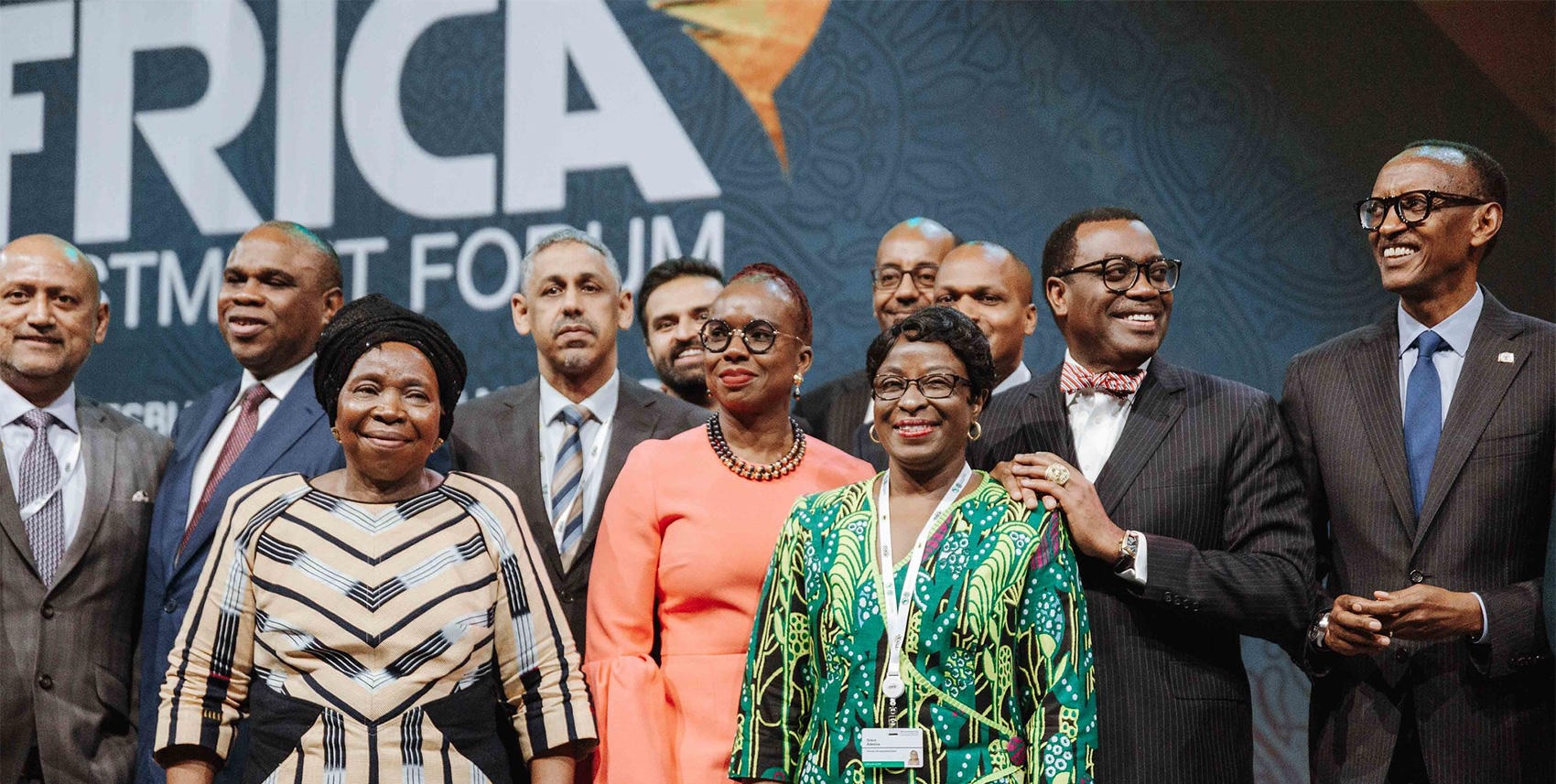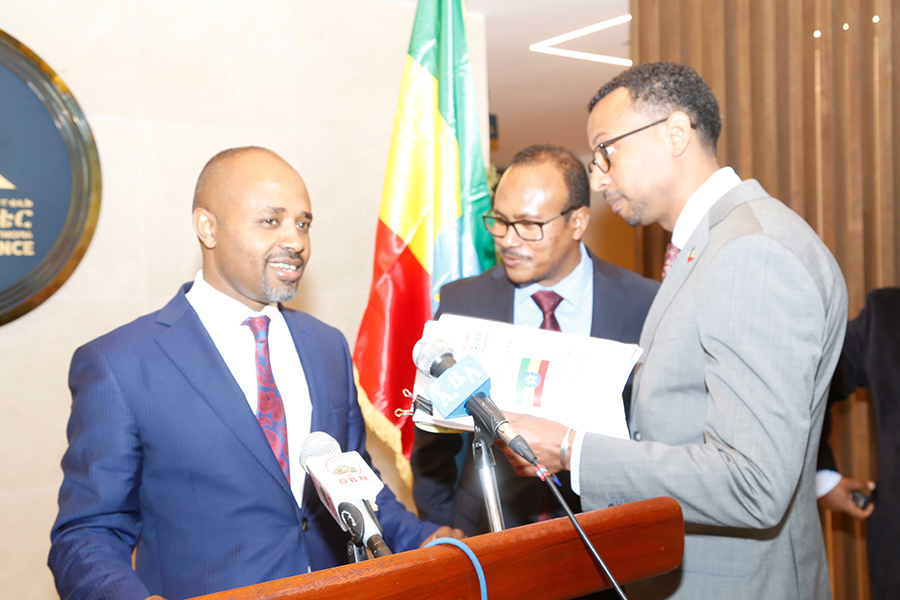
Radar | Nov 21,2018
The Ministry of Culture & Tourism has announced the beginning of October as the official full reopening date for the country's tourism sector, which has been interrupted for the past six months due to the Novel Coronavirus (COVID-19) pandemic.
The re-opening date, informed through a letter to all industry operators, comes pending a safe travel stamp from the World Travel & Tourism Council. The stamp is bestowed on countries that have adopted standardised global health and hygiene protocols.
Though the country had drafted a National Safe Travel Protocol applicable throughout the overall tourism chain, including hotels, tour operators and destinations for containing the spread of the virus, the Council requested the lift of restrictive quarantine measures upon entry into the country as a necessity.
Ethiopia currently requires travelers arriving in the country to provide a negative COVID-19 test result, completed five days or less before arrival, and a 14-day self-quarantine at home after giving a sample upon arrival. Travelers with no certificate will be quarantined at selected hotels at their own cost for seven days after which testing will be done and an additional seven-day self-isolation period is required.
The Protocol, crafted to contain the spread of COVID-19, has been green-lighted by the Council in all other regards, according to Tewodros Derbew, director of international tourism facilitation at the Ministry.
"The Ministry is holding discussions with the Ministry of Health in order to lift these requirements," he said.
The implementation of the Protocol, a requirement for the safe reopening of the sector, is being led through a collaborative effort between regional tourism bureaus, according to Tewodros.
"We've been working on raising awareness and capacity building of institutions in the past months," he said. "This includes providing material support when necessary."
The country, which was partially closed in terms of implementing quarantine and transport restrictions, is en route to restart the sector's economy while fending off the pandemic, according to the director.
Due to the pandemic leading to the closure of many tourist destination sites, the sector was able to generate close to two billion dollars in the last fiscal year, losing one-third of its annual average revenues.
"Other countries had similar measures at the time," he said.
Close to 53pc of other countries have reopened their doors to tourism currently, and this number is expected to increase to 70pc within the coming month.
The Ministry, which had prepared a tourism sector recovery strategy in April to guide the recuperation of the sector, held an exhibition of the Protocol as a sample in Harar, a UNESCO registered heritage site, almost two weeks ago. The exhibit took place in two museums, at Ras Hotel and at the Jugol Wall.
Harar's example was important as the enforceability of the Protocol was another discussion point with the World Council, according to Sileshi Girma, CEO of Tourism Ethiopia, which had crafted the section on guided tours and destination safety.
The exhibition at Harar, which cost close to half a million Birr, had seen the presence of members of the Ethiopian Chef's Association, the Ethiopian Hotel Federation and the regional tourism bureau among others.
The reopening of different sectors while following health guidelines has more benefits than disadvantages, according to Tsegaye Gebrekidan (PhD), an economist at the Policy Studies Institute. The rate of increase in COVID-19 cases in the country while considering the country's partial containment measures since its onset is indicative of good positioning, according to him.
"We have other countries that have also managed to control the pandemic, save a few examples, and this will have positive spillover effects for the country," he said. "The benefits of the tourism sector is considerable as it will also affect the hotel and restaurant industry."
The restrictive bans should be lifted while following more moderate measures like quarantining only those who do not come with negative COVID-19 test results or those who test positive, he recommended.
The Ministry celebrated World Tourism Day in Jigjiga on September 26, 2020, with the tagline "Tourism & Rural Development".
PUBLISHED ON
Sep 27,2020 [ VOL
21 , NO
1065]

Radar | Nov 21,2018

Commentaries | Feb 13,2021

My Opinion | Jul 06,2019

Radar | May 09,2020

Radar | Oct 12,2024

Radar | May 02,2020

Fortune News | Nov 11,2019

Radar | Nov 14,2020

Radar | Jun 08,2019

Fortune News | Nov 29,2020

Dec 22 , 2024 . By TIZITA SHEWAFERAW
Charged with transforming colossal state-owned enterprises into modern and competitiv...

Aug 18 , 2024 . By AKSAH ITALO
Although predictable Yonas Zerihun's job in the ride-hailing service is not immune to...

Jul 28 , 2024 . By TIZITA SHEWAFERAW
Unhabitual, perhaps too many, Samuel Gebreyohannes, 38, used to occasionally enjoy a couple of beers at breakfast. However, he recently swit...

Jul 13 , 2024 . By AKSAH ITALO
Investors who rely on tractors, trucks, and field vehicles for commuting, transporting commodities, and f...

Oct 11 , 2025
Ladislas Farago, a roving Associated Press (AP) correspondent, arrived in Ethiopia in...

Oct 4 , 2025
Eyob Tekalegn (PhD) had been in the Governor's chair for only weeks when, on Septembe...

Sep 27 , 2025
Four years into an experiment with “shock therapy” in education, the national moo...

Sep 20 , 2025
Getachew Reda's return to the national stage was always going to stir attention. Once...